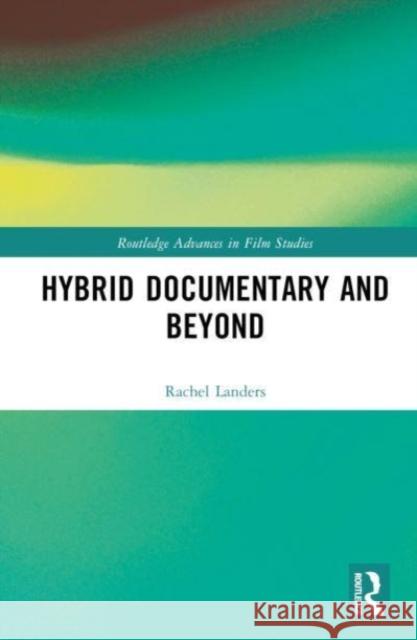Hybrid Documentary and Beyond » książka
topmenu
Hybrid Documentary and Beyond
ISBN-13: 9780367861391 / Twarda / 2023 / 256 str.
Hybrid Documentary and Beyond
ISBN-13: 9780367861391 / Twarda / 2023 / 256 str.
cena 756,05
(netto: 720,05 VAT: 5%)
Najniższa cena z 30 dni: 654,86
(netto: 720,05 VAT: 5%)
Najniższa cena z 30 dni: 654,86
Termin realizacji zamówienia:
ok. 16-18 dni roboczych.
ok. 16-18 dni roboczych.
Darmowa dostawa!
Hybrid Documentary and Beyond focusses on the theories, production techniques, ethical implications and impact of hybrid documentaries.











